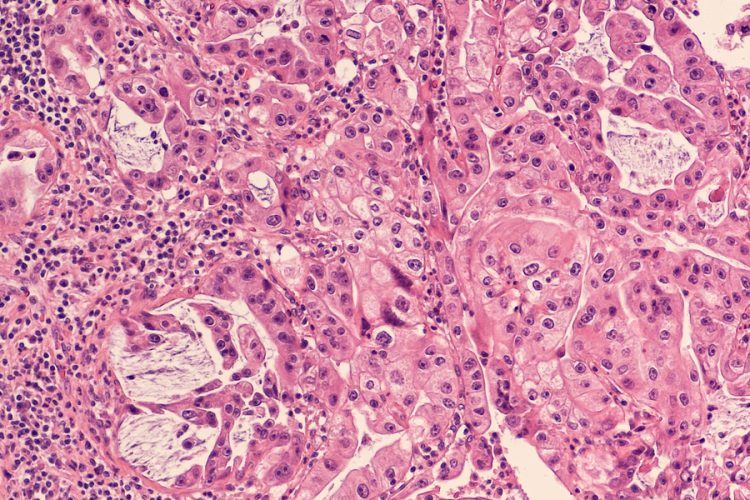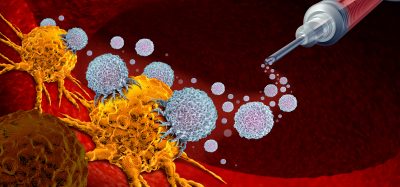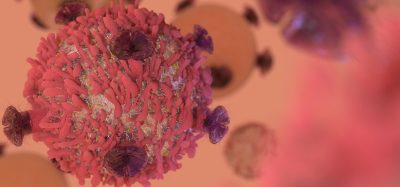Gene-regulatory factors improve pancreatic cancer treatment
Posted: 1 August 2017 | Dr Zara Kassam (Drug Target Review) | No comments yet
Researchers have identified two molecules that can improve the response of pancreatic cancer to a common chemotherapy drug and also predict the prognosis of pancreatic cancer patients…

Two molecules have been identified that can improve the response of pancreatic cancer to a common chemotherapy drug and also predict the prognosis in patients.
A cell-based reporter system was employed to screen a collection of over 1000 gene-regulatory factors for the ability to influence this transition and identified some with particularly potent effects.
The team narrowed down the approximately 1000 microRNAs to a handful that induced strong fluorescence in the system, and then reduced these to two that they confirmed could increase E-cadherin expression in pancreatic cancer cells. Their associations with pancreatic cancer were then confirmed by measuring their levels in 24 pancreatic cancer cell lines, which were lower than in normal cells, suggesting their tumour-suppressive functions.
“Our system is based around a molecule called E-cadherin, which suppresses tumour growth in part by maintaining cells in an epithelial rather than a mesenchymal state,” said Tomoki Muramatsu of Tokyo Medical and Dental University (TMDU). “Using this system, we can visualise the expression of a fluorescent protein and monitor the transcriptional activity from the E-cadherin promoter region as fluorescent intensity, allowing the screening of epithelial-mesenchymal transition-suppressive miRNAs,” he added.
The findings suggest that therapies combining these microRNAs and gemcitabine could improve our ability to treat pancreatic cancer, and measurement of microRNA levels could also provide a guide to the prognosis in such cases.
“When we analysed these microRNAs in more detail, we found that they reduced cancer cell migration and invasion by targeting genes related to epithelial-mesenchymal transition (EMT), essentially preventing or reversing this,” Dr Johji Inazawa said. “This effect was particularly interesting when it was observed alongside the effect of the chemotherapy drug gemcitabine. When these microRNAs were administered, gemcitabine was much more effective at killing cancer cells.”
The findings suggest that therapies combining these microRNAs and gemcitabine could improve our ability to treat pancreatic cancer, and measurement of microRNA levels could also provide a guide to the prognosis in such cases.
Related conditions
Pancreatic cancer
Related organisations
Tokyo Medical and Dental University
Related people
Dr Johji Inazawa, Tomoki Muramatsu







